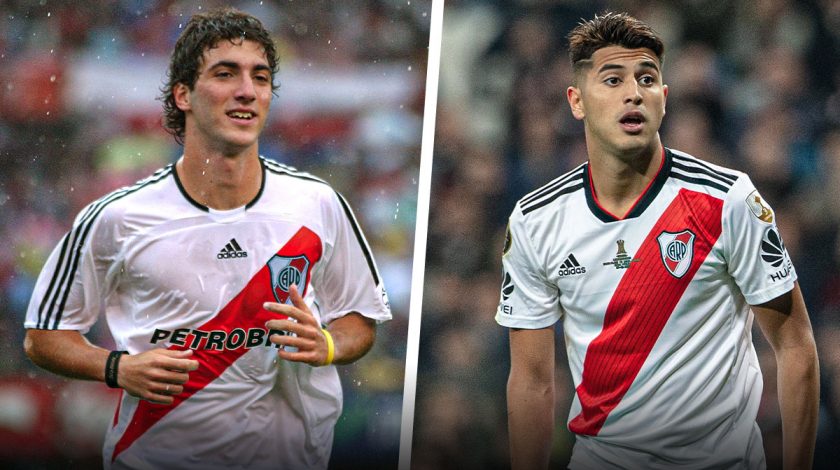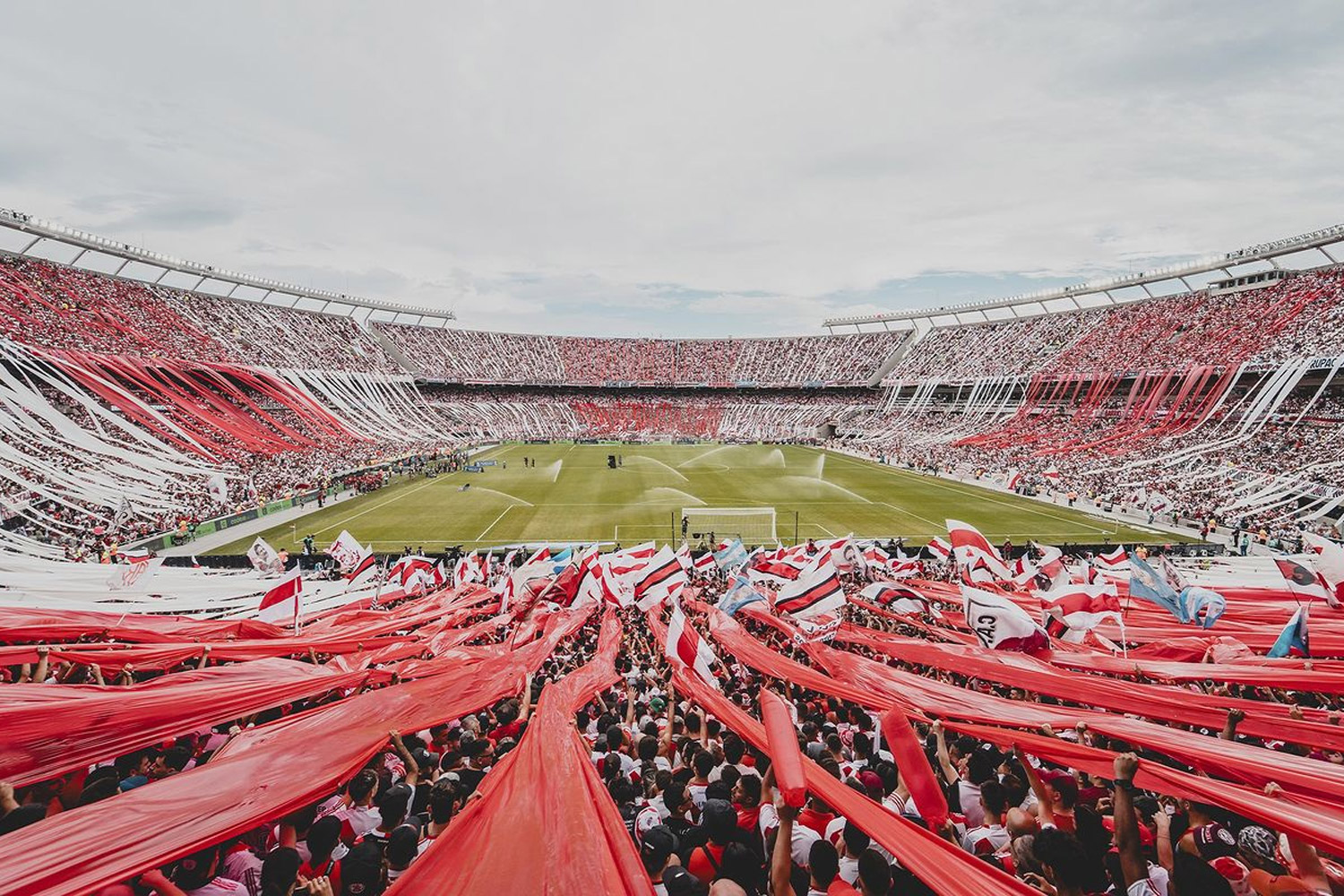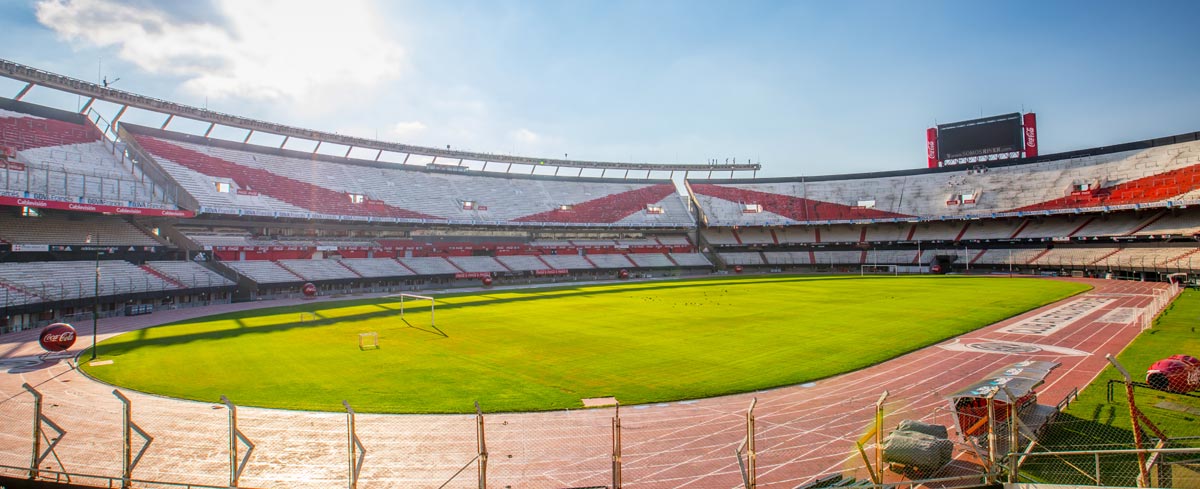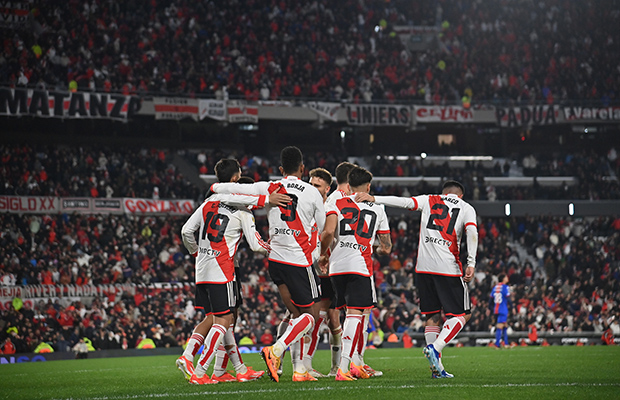Club Atlético River Plate, commonly known as River Plate, is one of the most successful and storied football clubs in Argentina and South America. With a rich history that spans over a century, River Plate has become synonymous with excellence, passion, and tradition. This article explores the history, achievements, and cultural impact of River Plate, delving into its rise to prominence, its legendary players, and its ongoing influence in the world of football.
Historical Background River Plate

River Plate was founded on May 25, 1901, in the neighborhood of La Boca in Buenos Aires, Argentina. The club’s name was inspired by the English name for the Río de la Plata, a river that runs through the region. In its early years, River Plate quickly established itself as a competitive force in Argentine football, earning promotion to the top division in 1908.
Throughout the 20th century, River Plate grew in stature, both domestically and internationally. The club moved to its iconic stadium, Estadio Monumental Antonio Vespucio Liberti, commonly known as El Monumental, in 1938. With a capacity of over 70,000, El Monumental is the largest stadium in Argentina and has become an emblem of River Plate’s grandeur.
Domestic Success
River Plate’s domestic success is unparalleled in Argentine football. The club has won a record number of Primera División titles, with its tally exceeding 35 championships. This dominance began in the 1930s, a period often referred to as the “Golden Era,” when River Plate secured multiple league titles and established itself as a powerhouse in Argentine football.
One of the key factors in River Plate’s success has been its commitment to nurturing young talent. The club’s youth academy, known as “La Máquina,” has produced some of the finest footballers in the history of the sport. Notable graduates include Alfredo Di Stéfano, Daniel Passarella, and Hernán Crespo, all of whom have made significant contributions to River Plate and the global football community.
International Triumphs

River Plate’s success is not limited to domestic competitions; the club has also made a significant impact on the international stage. River Plate has won the prestigious Copa Libertadores, South America’s premier club competition, on four occasions (1986, 1996, 2015, and 2018). The 1986 victory was particularly memorable, as it marked River Plate’s first Copa Libertadores title and cemented its status as a top-tier club in world football.
In addition to the Copa Libertadores, River Plate has also won the Intercontinental Cup, the precursor to the FIFA Club World Cup, in 1986. This victory saw River Plate defeat Romanian club Steaua Bucharest, securing its place as the best club in the world at that time.
Legendary Players
River Plate’s storied history is adorned with legendary players who have left an indelible mark on the club and the sport. One of the most iconic figures in River Plate’s history is Enzo Francescoli. Known as “El Príncipe,” Francescoli’s elegance, skill, and leadership on the field made him a beloved figure among River Plate fans. His contributions were instrumental in the club’s success during the 1980s and 1990s.
Another legendary player is Ariel Ortega, affectionately known as “El Burrito.” Ortega’s creativity, dribbling ability, and flair made him a fan favorite and a key player for River Plate during his multiple stints with the club. His passion and dedication to River Plate endeared him to supporters, and he remains an iconic figure in the club’s history.
Cultural Impact
River Plate’s influence extends beyond the football pitch. The club is a cultural institution in Argentina, with a fan base that spans generations and regions. River Plate’s supporters, known as “Los Millonarios,” are renowned for their unwavering loyalty and passion. The club’s matches, particularly the Superclásico against arch-rivals Boca Juniors, are celebrated events that captivate the entire nation.
The Superclásico is one of the most intense and fiercely contested derbies in world football. The rivalry between River Plate and Boca Juniors dates back to the early 20th century and is fueled by the clubs’ contrasting identities and their shared origins in the La Boca neighborhood. The matches are known for their electric atmosphere, dramatic moments, and significant cultural implications, making them must-watch events for football fans worldwide.
Modern Era and Recent Achievements

In the modern era, River Plate continues to uphold its tradition of excellence. Under the leadership of Marcelo Gallardo, who became the head coach in 2014, River Plate has enjoyed a period of sustained success. Gallardo, a former River Plate player, has guided the club to numerous titles, including two Copa Libertadores triumphs (2015 and 2018) and multiple domestic trophies.
The 2018 Copa Libertadores victory was particularly significant, as River Plate defeated Boca Juniors in the final. The two-legged final, initially scheduled to be played in Argentina, was moved to Madrid due to wdbos login security concerns, adding another layer of drama to the historic encounter. River Plate’s victory in this match not only secured the club’s fourth Copa Libertadores title but also provided one of the most memorable moments in the history of South American football.
Youth Development and Future Prospects
River Plate’s commitment to youth development remains a cornerstone of the club’s philosophy. The youth academy continues to produce talented players who go on to achieve success both domestically and internationally. Young stars such as Julián Álvarez and Gonzalo Montiel are recent examples of players who have come through the academy and made significant contributions to the first team.
Looking ahead, River Plate is well-positioned to maintain its status as a dominant force in Argentine and South American football. The club’s strong infrastructure, passionate fan base, and commitment to excellence provide a solid foundation for continued success. With Marcelo Gallardo at the helm and a talented squad of players, River Plate is poised to add to its already impressive list of achievements in the coming years.
Conclusion
River Plate’s rich history, domestic dominance, and international triumphs have established the club as one of the giants of world football. From its humble beginnings in La Boca to its iconic status today, River Plate has consistently demonstrated a commitment to excellence, passion, and tradition. The club’s legendary players, cultural impact, and ongoing success make it a source of pride for its supporters and a beacon of Argentine football.
As River Plate continues to build on its storied legacy, the future looks bright for Los Millonarios. With a focus on youth development, strong leadership, and an unwavering commitment to success, River Plate is set to remain a powerhouse in the world of football for generations to come.
Read More Article About “Bad Boys for Life: A Triumphant Return to the Franchise“
